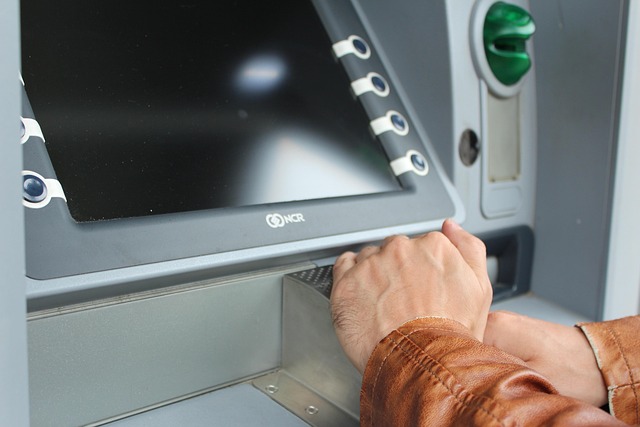Title loans without the car provide fast cash using a vehicle's title as collateral, ideal for those with limited credit history. Lenders assess creditworthiness, employment, income, and financial commitments for repayment ability. Documentation checks include ID, residency proof, SSN, and income verification. Soft credit checks and non-intrusive vehicle inspections ensure collateral value.
Title loans have emerged as an alternative financing option for borrowers, offering quick cash in exchange for vehicle ownership. However, what if you want a title loan but don’t own a car? This article explores the intricacies of non-traditional title loans, delving into how lenders assess eligibility and the documentation required when traditional collateral is not available. We’ll guide you through the processes, ensuring you’re informed about securing funds without surrendering your vehicle.
- Understanding Title Loans: An Alternative Option
- Eligibility Criteria: What Lenders Look For
- Documentation and Verification Processes
Understanding Title Loans: An Alternative Option

Title loans without the car are an alternative financing option for individuals who own a vehicle but prefer not to hand over their keys. Unlike traditional loans that rely on credit scores, these non-traditional loans use the car’s title as collateral. This means lenders offer quick access to cash in exchange for temporarily transferring ownership of the vehicle’s title. The process is straightforward and often appeals to those with poor or no credit history looking for a fast loan payoff solution.
Online applications for such loans are common, making it easy for borrowers to initiate the process from the comfort of their homes. A title pawn, essentially, allows owners to keep their car while borrowing against its value. This flexible financing method can be particularly beneficial in emergencies or unexpected financial situations, providing a quick fix until the borrower regains financial stability.
Eligibility Criteria: What Lenders Look For

When applying for title loans without the car, understanding the eligibility criteria is key to a successful loan process. Lenders assess borrowers based on several factors beyond simply owning a vehicle. They evaluate your credit history and score, employment status, and income to gauge your ability to repay the loan. This includes verifying direct deposit into your bank account as a reliable source of consistent funds.
Additionally, lenders in Houston Title Loans often consider other financial commitments and debt-to-income ratios. While same-day funding is a common perk of these loans, it’s not just about speed. Lenders want to ensure you can manage the loan payments without overwhelming your finances. Therefore, a stable financial situation and reliable income are crucial for approval and receiving the best terms.
Documentation and Verification Processes

When applying for title loans without the car, lenders will still require extensive documentation to verify your identity and financial standing. This process is essential to ensure responsible lending practices and mitigate risk. Lenders often ask for identification documents such as a valid driver’s license or passport, proof of residency, and social security number. Additionally, they may request income verification, which can be in the form of pay stubs or tax returns, to confirm your ability to repay the loan.
The verification process goes beyond simply checking documents. Lenders in Fort Worth loans may also conduct a soft credit check to assess your overall financial health and may even require a vehicle inspection (though not physically possessing the car) to ensure it serves as collateral for the loan. This inspection can be done through digital images or third-party services, ensuring a non-intrusive approach while maintaining the necessary security for the title loans without the car process.
Title loans without the car can be a viable option for those in need of quick cash. By understanding the eligibility criteria and documentation processes, borrowers can navigate the requirements with ease. Lenders assess various factors beyond vehicle ownership, ensuring responsible lending practices. This alternative financing method offers flexibility, but it’s crucial to carefully consider the terms and conditions before applying.






